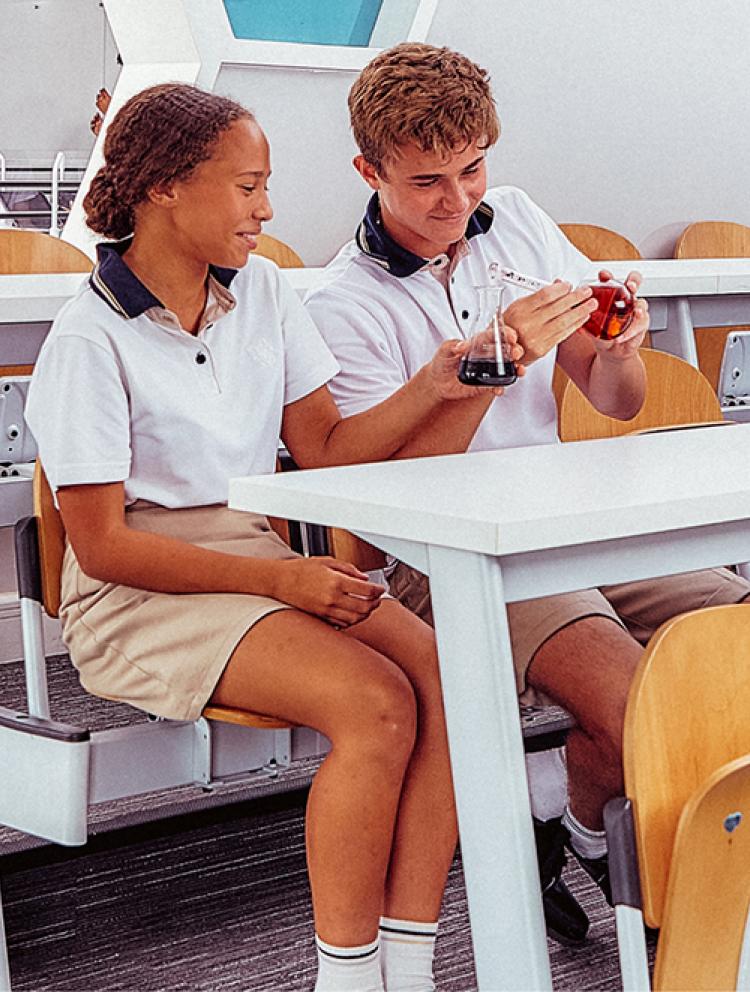Deeper Learning and Results
Students in Years 7 to 9 study the Cambridge International Lower Secondary Curriculum, followed by the Cambridge Upper Secondary International IGCSE programme for Years 10 and 11. IGCSE courses typically offered at both King’s College and other Inspired schools, include English as a First Language, English Literature, English as a Second Language, Geography, History, Global Perspectives, Portuguese, French, Spanish, Physics, Chemistry, Biology, Physical Science, Computer Science, Art & Design, Drama, Music, Mathematics, and Additional Mathematics. Courses will be selected based on student preferences.
Cambridge International IGCSEs
IGCSE’s are the international equivalent of the British curriculum exams taken in the UK at the end of Year 11. The International IGCSE content is more global in its context and more suited for our international outlook through education.
A broad range of subjects is on offer at IGCSE to give a curriculum which accentuates personal enquiry and independent study, as well as appealing to the unique strengths and ambitions of each student.
All students study Maths, English, Physics, Chemistry and Biology at IGCSE. In addition though, students will then also choose from the following complementary subjects: Art, Business Studies, Computer Science, Design Technology, Drama, Economics, Environmental Management, French, Geography, Global Perspectives, History, Sports Science, Music, Portuguese, French and Spanish.









